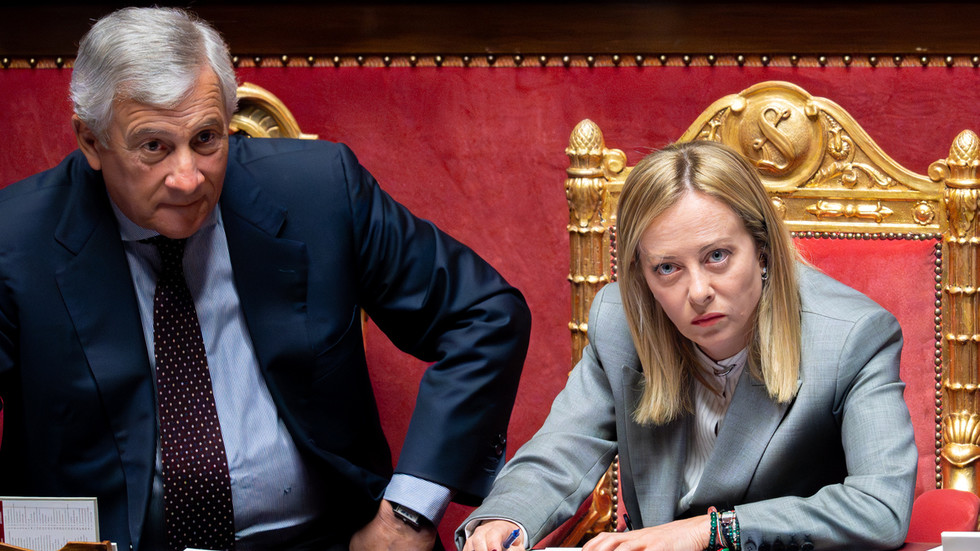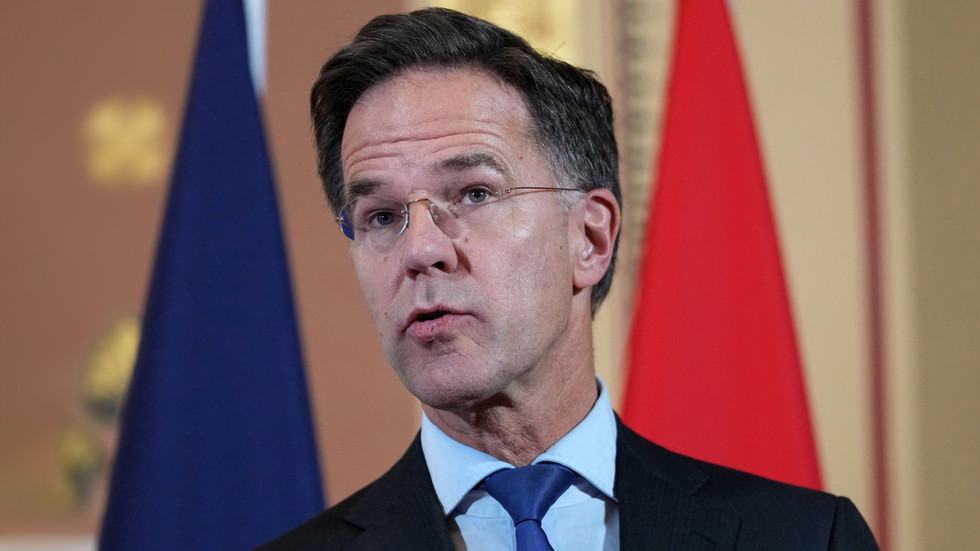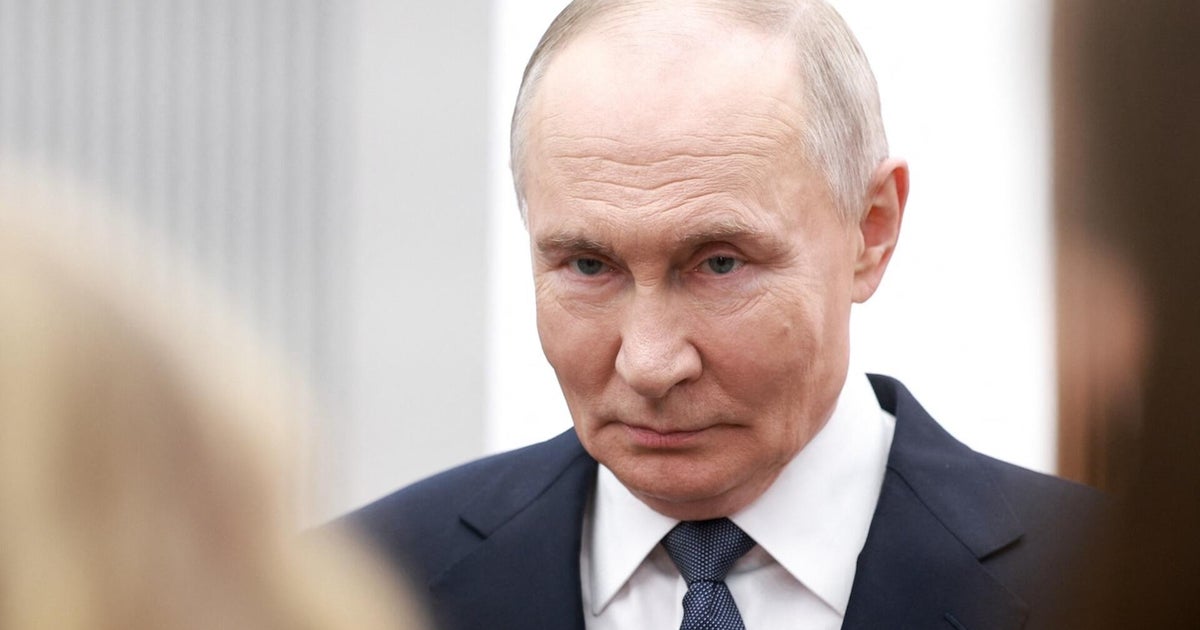The UN General Assembly on Wednesday has – for the 33rd consecutive year – adopted a resolution calling for an end to the decades-long United States embargo against Cuba.
An overwhelming majority of the UN’s 193 Member States once again urged Washington to lift the measures – despite a noticeable shift in countries choosing to either abstain or side with the US.
The resolution – titled Necessity of ending the economic, commercial and financial embargo imposed by the United States of America against Cuba – was adopted by 165 votes in favour, seven against, and twelve abstentions.
Last year, the measure passed by 187 votes with two against (US and Israel) and just one abstention (Moldova).
Those voting against this year’s resolution were the US, Israel, Argentina, Hungary, Paraguay, North Macedonia, and Ukraine.
The twelve abstentions came from Albania, Bosnia and Herzegovina, Costa Rica, Czechia, Ecuador, Estonia, Latvia, Lithuania, Morocco, Poland, Moldova and Romania.
Cuban support for Russian invasion draws ire
Explaining its decision to abstain, Poland – also speaking on behalf of Czechia, Estonia, Latvia, Lithuania – said it reflected “the selective application of the UN Charter,” citing Cuba’s continued support for Russia amid its full-scale and continuing invasion of Ukraine, where Cuban nationals have reportedly been fighting on Moscow’s side.
Romania echoed those concerns, noting that while it had long supported the resolution, “foreign involvement in an illegal war of aggression is a blatant violation of the UN Charter and international law,” calling on Cuba to withdraw support for the invasion.
While the resolution remains non-binding, its passage once again signals the international community’s disapproval of unilateral coercive measures with extraterritorial effects.
The resolution
The text reiterates the Assembly’s long-standing appeal for all States to reject punitive US legislation such as the Helms-Burton Act of 1996, which Cuba and other countries argue violates international law and the UN Charter.
The Assembly also highlighted measures adopted by US President Barack Obama in 2015 and 2016 to modify some aspects of the embargo, “which contrast with the measures applied since 2017 [under the first Donald Trump administration] to reinforce its implementation.”
Through the resolution, the General Assembly also decided once again to include the embargo text in the provisional agenda of next year’s session.
Where next?
Latest news
Read the latest news stories:
- Adaptation Finance Shortfalls Leave Developing World Exposed Wednesday, October 29, 2025
- A Power Imbalance Frozen in Time: The Case for Security Council Reform Wednesday, October 29, 2025
- Myanmar at a crossroads: A choice between impunity and justice Wednesday, October 29, 2025
- UN chief condemns Gaza killings, urges full respect for ceasefire Wednesday, October 29, 2025
- UN nuclear watchdog highlights Iran, Syria and Ukraine as key global tests Wednesday, October 29, 2025
- South Sudan at risk of return to war, UN investigators warn Wednesday, October 29, 2025
- Hurricane Melissa: Devastation in Jamaica at levels ‘never been seen before’ Wednesday, October 29, 2025
- Amid shifting alliances, General Assembly demands end to US embargo on Cuba Wednesday, October 29, 2025
- ‘Yawning gap’ remains between climate adaptation funds and funding pledges Wednesday, October 29, 2025
- ‘Global perspective’ key to moving humanity forward in space Wednesday, October 29, 2025
Link to this page from your site/blog
Add the following HTML code to your page:
<p><a href="https://www.globalissues.org/news/2025/10/29/41450">Amid shifting alliances, General Assembly demands end to US embargo on Cuba</a>, <cite>Inter Press Service</cite>, Wednesday, October 29, 2025 (posted by Global Issues)</p>… to produce this:
Amid shifting alliances, General Assembly demands end to US embargo on Cuba, Inter Press Service, Wednesday, October 29, 2025 (posted by Global Issues)

 1 month ago
15
1 month ago
15










 English (US) ·
English (US) ·